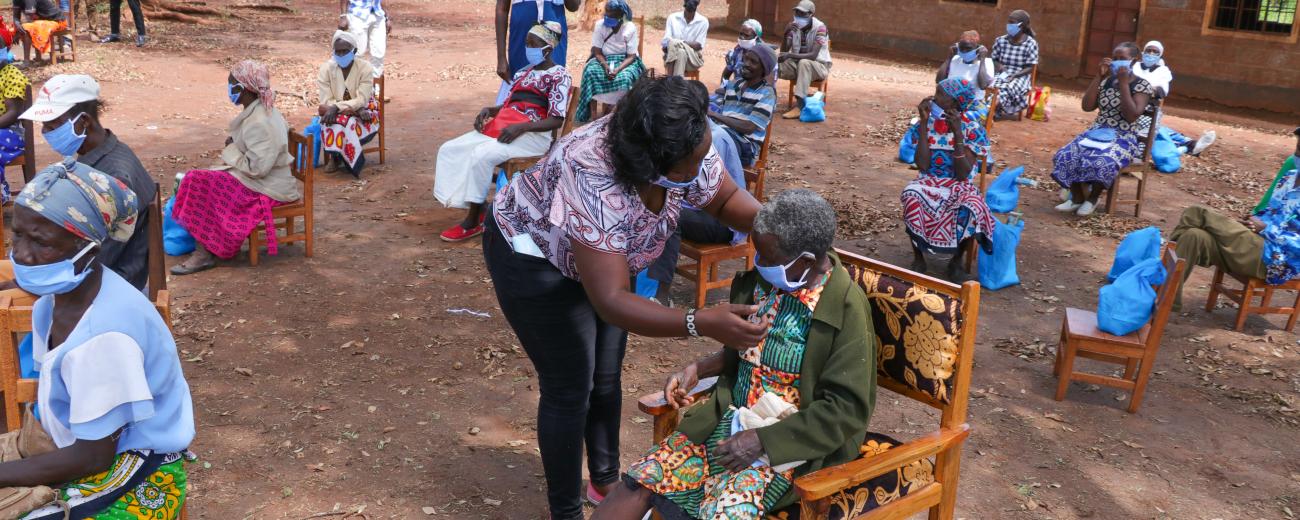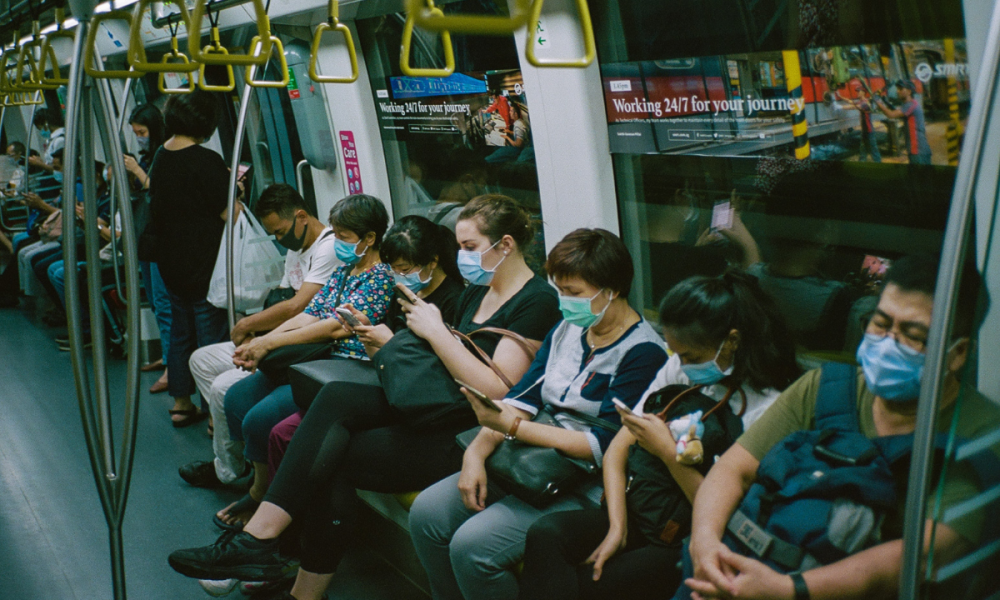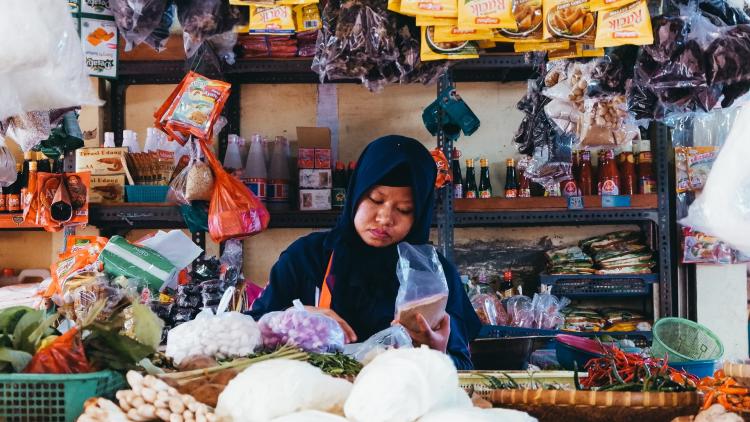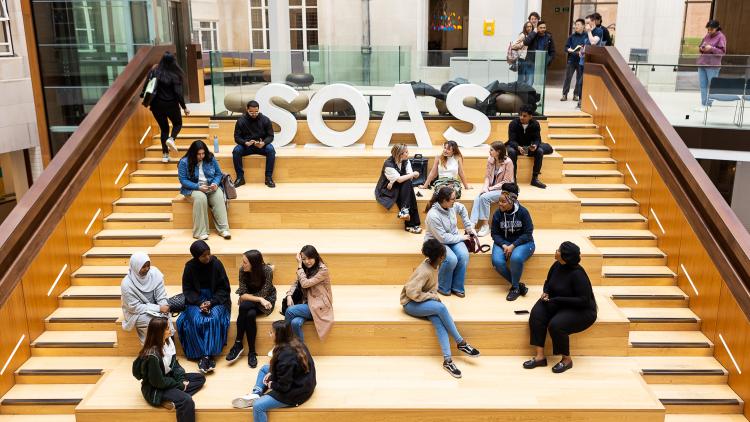COVID-19 and the crises of capitalism: Intensifying inequalities


The COVID-19 pandemic has thrown multiple failures of contemporary capitalism into sharp relief. The public health crisis provoked by the pandemic rapidly translated into an economic and social crisis. This had immediate implications for everyday life and the processes of production, reproduction and consumption – both locally and globally. And, while the exploitative practices of global capitalism were well-known before the COVID-19 outbreak, the pandemic suddenly presents these through a magnifying glass, dramatically amplifying them.
The COVID-19 crisis exposes how global capitalism is fundamentally built on the exploitation of gendered and racialised global working classes. Pre-existing inequalities of class, race and gender have been laid bare dramatically. And the unfolding trail of human death and suffering has been sharply aggravated by the systemic squeeze of waged and unwaged social reproduction. The COVID-19 crisis is also a stark reminder of the flaws of the capitalist world food system that have exposed humanity to zoonotic diseases.
COVID-19 and the role of the state
At the same time, the COVID-19 crisis has shed new light on the role of the state. After decades marked by a neoliberal ideology that views the state as a mere fixer of market failures, the pandemic has made it impossible to downplay the active role that the state plays in capitalism. The visibility and scale of state intervention have increased dramatically during the pandemic, both in terms of the rediscovery of fiscal levers and of new forms of surveillance pioneered via public health interventions.
Yet, whilst wealthier states have been able to use their “magic money tree” to increase government spending and attenuate the economic and social effects of the pandemic, poorer states have struggled to do so due to their subordinate position in the global financial architecture. Indeed, the COVID-19 crisis risks perpetuating − if not aggravating − Global South-Global North structural divides. This is emblematic in the exposure of vaccine inequities triggered by countries in the Global North hoarding vaccines and blocking their wider production and distribution.
We have guest-edited a Special Issue in the Canadian Journal of Development Studies that explores the multiple crises of global capitalism by mapping the dynamics underpinning the intensification of inequalities and the responses to the COVID-19 crisis through a Global South lens.
Countries in the Global South have been disproportionately affected by COVID-19
The Special Issue contributes to the emerging progressive scholarship on the COVID-19 crisis, by centring its analyses on and from the Global South. While the Special Issue emphasises variegation, it illuminates that COVID-19 has disproportionately affected countries in the Global South, owing to the nature of the global architecture of market-based finance, specific trajectories of structural adjustment and stabilisation, and global structures of production and reproduction.
The Special Issue seeks to promote an interdisciplinary understanding of the COVID-19 crisis by bringing together contributions from radical political economists, political scientists, heterodox economists, development economists and public health specialists. The overarching aim is to make a novel and timely contribution by anchoring interdisciplinary and Global South perspectives in a political economy analysis that sees the pandemic as yet another prism through which the contradictory and violent tendencies of global capitalism are exposed.
The contributions to the Special Issue help us understand the nature of the COVID-19 crisis and its implications for the Global South around five themes. First, a set of papers sees the origins of the crisis in the inherent contradictions of the capitalist agri-food system and as a health crisis that exposes the social determinants of health. A second group of papers look at the role of the state, reflecting on various types of state intervention, their success and failures. Through the last three themes, organised around commodities, work and global finance, the contributions collectively discuss how structural divides between the Global South and the Global North are reinforced during this crisis.
This blog has been co-authored by Sara Stevano, Tobias Franz, Yannis Dafermos and Elisa Van Waeyenberge from the Department of Economics.




